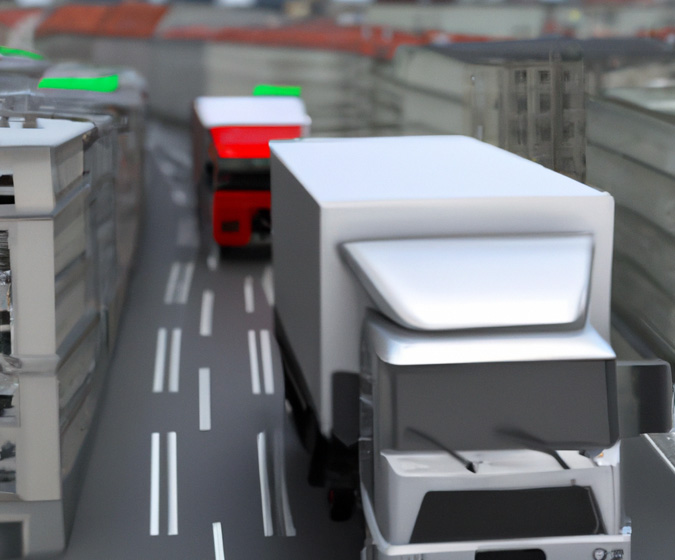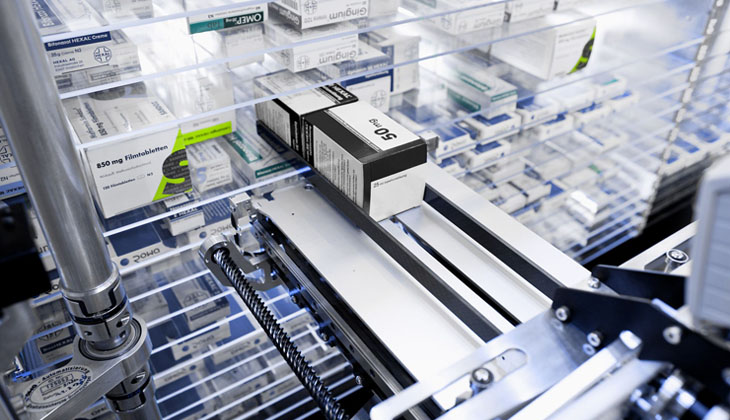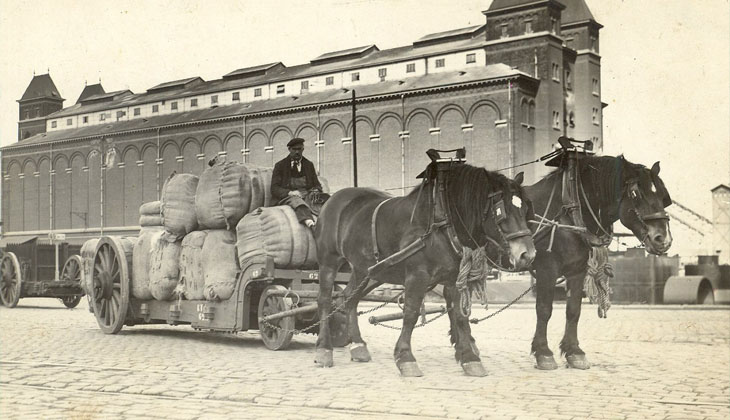The last mile logistics sector in Poland has experienced significant growth in recent years, driven by the increasing popularity of e-commerce. However, with growth come challenges. One of the biggest challenges facing the industry is the efficient and timely delivery of goods to customers, especially in urban areas with high traffic congestion.
Modern technologies and programs for building and optimizing routes in the city can help address these challenges. By using sophisticated algorithms and data analysis, route optimization software can create the most efficient delivery routes, taking into account variables such as traffic patterns, delivery windows, and order volume.
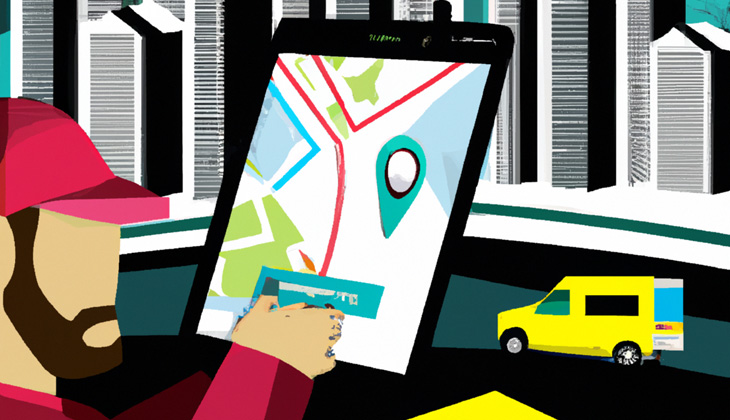
In addition to optimizing delivery routes, modern technologies can also help businesses better manage their delivery fleet. By providing real-time tracking and visibility into delivery operations, businesses can quickly identify and resolve any issues that may arise, such as vehicle breakdowns or missed delivery windows.
Another challenge in last mile logistics in Poland is the delivery of goods to hard-to-reach areas, such as city centers and pedestrian zones. Here, new technologies such as electric and hybrid vehicles, drones, and micro-fulfillment centers can help reduce delivery times and costs, while also reducing the environmental impact of logistics operations.
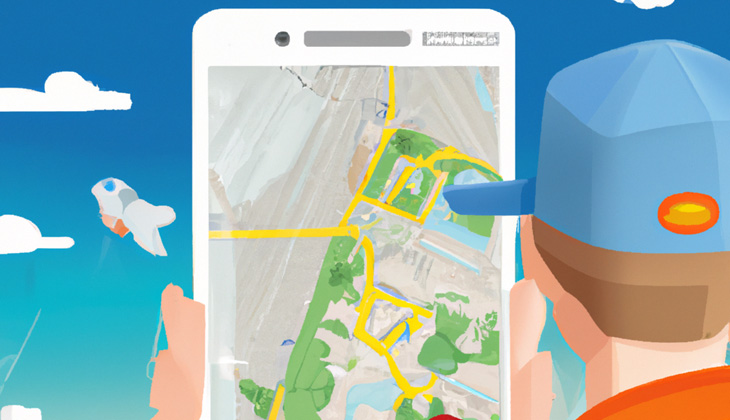
Overall, modern technologies and programs for building and optimizing routes in the city offer a promising solution to the challenges facing the last mile logistics sector in Poland. By embracing these solutions, businesses can improve their delivery operations, reduce costs, and enhance customer satisfaction.

